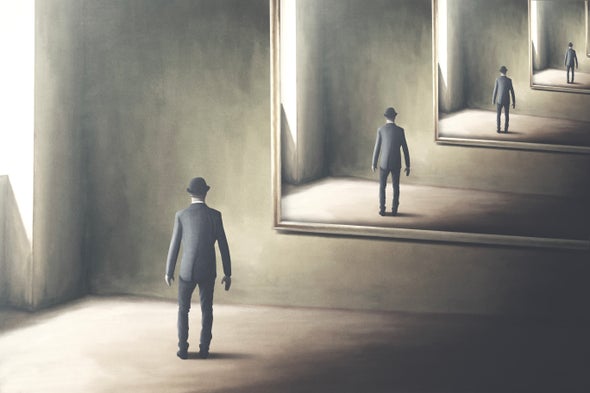Déjà vu: A Strange Sense of Familiarity

Have you ever experienced a moment when you felt that you have been in a particular situation before, even though you are sure that it is the first time that you have encountered it? This eerie feeling is called déjà vu, a French term that translates to “already seen.” Déjà vu is a perplexing phenomenon that has puzzled psychologists and neuroscientists for centuries. In this article, we will explore the origins of déjà vu, the theories that have been proposed to explain it, and the latest research on the subject.
What is Déjà vu?
Déjà vu is a sensation of having experienced a present situation or event before. This experience is typically accompanied by a strong feeling of familiarity as if the person has already lived through the moment in the past. Déjà vu can occur in a variety of contexts, including listening to a conversation, visiting a new place, or meeting a new person. While the experience is often fleeting, it can be quite disorienting and unsettling.
Origins of Déjà vu
The origins of déjà vu are shrouded in mystery. The phenomenon was first described in the scientific literature in the late 19th century by French psychologist Émile Boirac. Boirac coined the term “déjà vu” to describe the feeling of having seen something before, even though it is supposedly the first time the person has encountered it. However, déjà vu has been reported by people throughout history, and many cultures have their own explanations for the phenomenon. Some people believe that déjà vu is a sign of past lives, while others attribute it to paranormal experiences.
Theories of Déjà vu
Despite the fact that déjà vu has been reported for centuries, there is still no consensus among researchers about what causes the experience. Several theories have been proposed to explain déjà vu, but none of them are conclusive. One of the most popular theories is that déjà vu is caused by a glitch in the brain's memory processing system. According to this theory, the brain mistakenly sends information from the short-term memory to the long-term memory, making the present moment seem familiar.
Another theory suggests that déjà vu is related to the brain's ability to predict the future. The brain constantly makes predictions about what is going to happen next based on past experiences. In some cases, the brain may generate a false prediction, leading to the feeling of déjà vu. Still, other theories propose that déjà vu is related to temporal lobe epilepsy or that it is a result of stress or fatigue.
Latest Research on Déjà vu
Despite the fact that déjà vu has been studied for over a century, there is still much that is unknown about the phenomenon. However, recent research has shed some light on the mechanisms that may be involved in déjà vu. For example, a study published in the journal Cortex found that déjà vu is associated with increased activity in the parahippocampal gyrus, a brain region involved in memory and spatial navigation.
Another study published in the journal Brain and Cognition found that déjà vu is related to increased activity in the frontal lobe, a brain region involved in decision making and attention. The study also found that people who are more prone to déjà vu tend to have higher levels of openness to experience, a personality trait associated with creativity and imagination.
Conclusion
Déjà vu is a fascinating and enigmatic phenomenon that has puzzled researchers for centuries. Despite the many theories that have been proposed to explain the experience, the origins of déjà vu remain a mystery. However, recent research has shed some light on the mechanisms that may be involved in the phenomenon. While we still have much to learn about déjà vu, one thing is clear: it is a deeply ingrained and universal aspect of human experience that continues to captivate our imagination.

Comments
Post a Comment